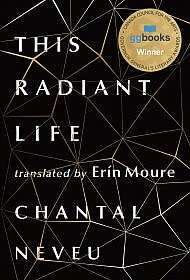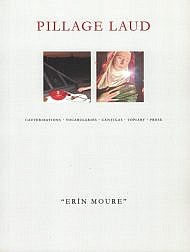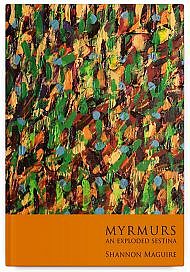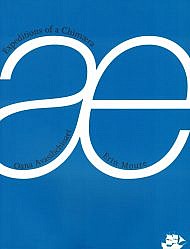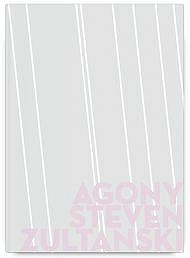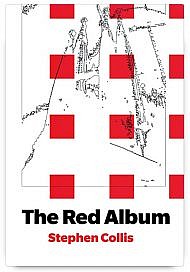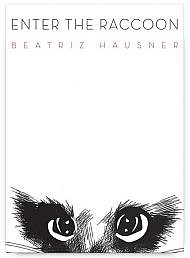Finalist for the 2014 Goldie Awards: Poetry Category
fur(l) parachute claims as its surrogate the Old English poem “Wulf and Eadwacer.” Declining from a mutant echo of this nineteen-line fragment that appears in the tenth-century Exeter manuscript as a text that might be a riddle, or an example of a woman’s lament, or even a broken elegy, the language of fur(l) parachute is further disrupted by such texts as instructions on how to make a parachute lure for fly fishing or the misreading of mathematical knot diagrams. Wryly troubling origins, this poem multiplies its outlawed longing for all that cannot cross.
Watch the BookThug Interview:
Watch the Book Launch and Reading:
Praise for fur(l) parachute:
“Via the gentle lurch of familiar unfamiliarity in half-heard syntax and reminderings of fellow wordsmiths, Maguire grapples with poetic heredity in a quest to reconstruct a pastoral lyric from translation and procedure. This extended stochastic murmur-beat thrusts grammar into ecstatic contortion. fur(l) parachute dissects self, nature, society in a poetics of sustainability reliant on taught and inherited knowledges – and, throughout, ‘always this craving for earth.'” — Angela Rawlings
“At once scholarly and lyrical, conceptual and embodied, archaic and utterly contemporary, sounded carefully by the tongue and thought out deeply in the vortex of ideas. Desire is ‘what writes’ these poems, running through texts genders localities grammatical cases ‘peripersonal’ space and time itself to tip us into the sounds of our own borderless islands, hungry for ‘undigested books,’ gathering the ‘kindling of voice’ to light the fire where ‘we, an uninterrupted carnival’ are enjoyed as ‘one mouthful of howl.’ Looking around at the landscape of poetry that continues to matter deeply to me, I see in Maguire kin I didn’t know I had. I believe I have found a new favourite poet.” — Stephen Collis
“In her astonishing and original fur(l) parachute, Shannon Maguire trans-slants the Old English poem “Wulf and Eadwacer” to offer us our queer, extra-human being still capable of love and mourning. The green world is alive, tender and reproductive in unexpectedly animal and technological ways. In the break between original and translation, all the bodies we thought we’d lost writhe—full of life. Read and feed this shining word whelp to remember your collective difference. The best thing I’ve read in years.” — Larissa Lai
Reviews:
“fur(l) parachute is indeed a shining debut. Maguire is challenging, she is brave and brilliant. fur(l) is at once knotted and knotty (and naughty), bewildering and bewitching; a visionary text that looks to the past to find our future.” —Lemon Hound
“In fur(l) parachute, Maguire transelates Old English and Middle English into language poetry, composing a new kind of becoming and emerging from the dark, deep woods. This is a book worth listening to; a book with just as much bite as bark.” —rob mclennan
“What is laudable about Maguire’s work is that her excavating, translating, and splicing of past poetic exemplars is stimulating rather than nostalgic.” —The Bull Calf
“An impressive range of approaches and techniques is on display in Maguire’s collection, despite its narrow focus, to suggest the multiplicity at the heart of human identity and endeavour.” —Winnipeg Free Press
Interviews:
Shannon Maguire speaks with The Toronto Quarterly
Great Canadian Writer’s Craft Interview —Open Book Toronto
❧
Shannon Maguire grew up on the mouth of Lake Superior and now lives in Guelph Ontario. Her poetry has appeared in CV2, Ditch, Gultch: An Assemblage of Poetry and Prose (2009), as well as other places. She is the author of three chapbooks: Vowel Wolves & Other Knots (2011), Fruit Machine (2012), and A Web of Holes (2012). A selection of poems from fur(l) parachute was a finalist for the Manitoba Magazine Awards in the category of Best Poem or Suite of Poems (2012) and it was shortlisted for the Robert Kroetsch Award for Innovative Poetry (2011).
Additional information
| Weight | .15 kg |
|---|---|
| Dimensions | 6 × .5 × 8 in |


